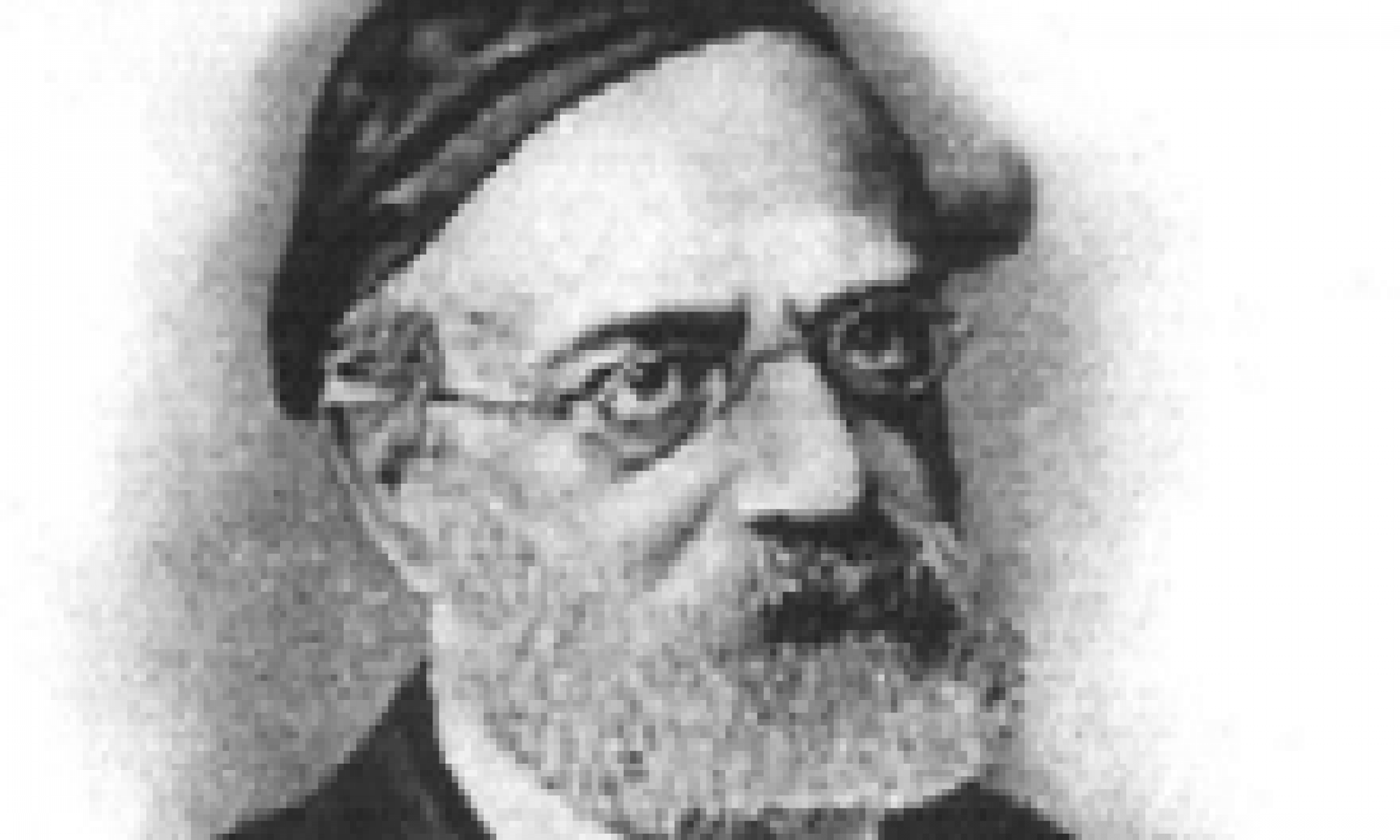(pages 189-192)
Life often deceives and confuses us and we need to “press reboot” and get back on track. Avodah (עבודה שבלב) is stepping away from the stream of life in order to evaluate where we stand in relation to carrying out God’s Will and to purify ourselves to live a more elevated life.
Symbolism of the Temple
The Avodah of the Temple, the abode of the Torah, Yisrael’s focal point and source of sanctity in life, helped us accomplish this.
The Ark (ארון) represented the idea that the Torah is God given.
The menorah represented the idea that the mental faculties needed to carry out the Torah are God given.
The table (שלחן) represented the idea that the physical faculties needed to carry out the Torah are God given.
Symbolism within the Sacrifices
With the thought of commitment to fulfilling the Torah always in mind, as the Torah contained in the Ark was the focal point of all that was done in the Temple, various components of the Avodah in the Temple influenced our thoughts in the following ways:
Burning of the liver and kidneys (הקטרת כבד וכליות): Divesting ourselves of sensuality
Burning of the fats (הקטרת חלב): Divesting ourselves of selfishness
Sprinkling of the blood (זריקת הדם): Dedicating our lives to God
Incense (קטורת): Dedicating our emotions to God
Olah offering (עולה): Dedicating our entire personality to God
Symbolism of Various Types of Sacrifices
עולה: Dedicating ourselves to God by fulfilling the Torah
אשם וחטאת: Returning to the Torah and renouncing selfishness and sensuality.
שלמים ותודה: Acknowledging a special blessing or state of peace as coming from God. Dedicating these to the service of God, thereby not to selfishness or sensuality.
Prayer
Service in the Temple included words. Today, without the Temple, all we have is words. The prayers we say were expanded to incorporate the concepts that were in the Temple service.
תהילות – Words of praise of our perception of God and his interaction with nature, mankind and Yisrael.
תפילות – Words of devotion and self evaluation.*
בקשות ותודות – words of supplication and thanks
תחינות – humble appeals, expressing our effort to rise above our failures
קריאת התורה – reading of the Torah
ברכות – Blessings. Blessings are expressions of commitment to carry out God’s will in our everyday life.** Blessings are said throughout the day and life. They are the natural extension and the goal of all the prayers.
* See Horeb, page 472, for a full explanation of the word להתפלל
** See Horeb, page 475, for a full explanation of the word ברוך. Pages 521-540 in Horeb explain every type of bracha in much more detail.



4 Replies to “NL14 – Avodah”
Comments are closed.